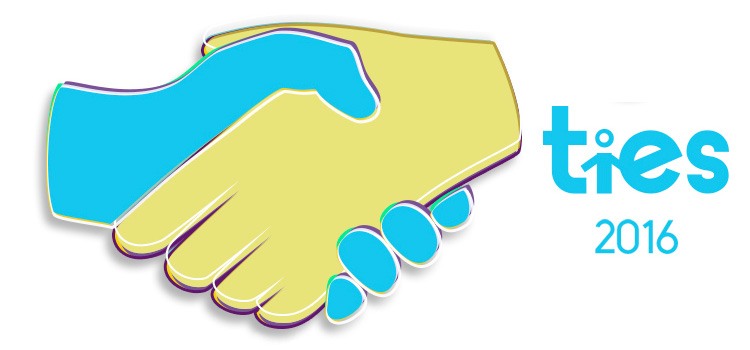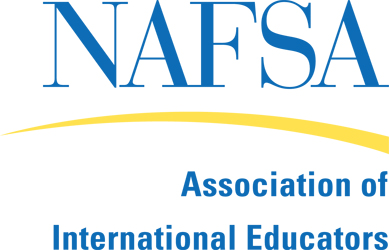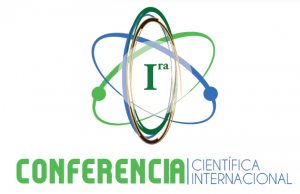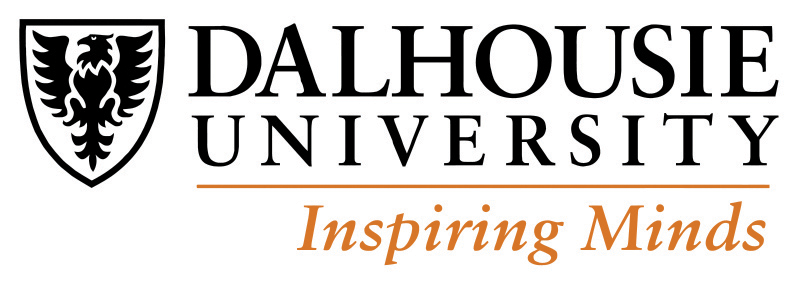Call for Papers

October 24 — 28, 2016
2nd Workshop of Strategic Alliances for the Internationalization of Higher Education
(Cuba TIES 2016)
TIES REGISTRATION ENDED
Welcome NAFSA Members
Call for Papers









TIES 2016 is back and wants you to be part of the panel!
For the 2nd year in a row TIES 2016 welcomes presenters from all over the world. We have expanded on our main themes of partnership, integration and sustainability to increase the diversity of discussion and to stimulate innovative collaboration. Our themes now include:
- University Administrators and Professional Staff: Challenges and rewards of international education in the 21st century
- Pedagogy and Teaching in the 21st-Century University
- Energy, the Environment, and Eco-systems: Sustainable programs for the future
- Socio-Cultural Studies: Interdisciplinarity as a model for collaborative research
- University Sports, Sports Management, Sports Education, Athletics and Fitness
- The Identification, Rescue, and Restoration of Patrimonial Sites: Connecting the Past to the Future
- Information Technology: Sustainable models for collaboration
1. University Administrators and Professional Staff:
Challenges and rewards of international education in the 21st century
Open to administrators and staff involved in international education, study abroad, recruitment and retention, diversity programs, administrative support for research, testing and evaluation, and related programs.
Suggested paper topics include: Management of programs, projects, and international networks; Cooperation and collaboration among universities for sustainable development; Institutional support for the professional development of administrators and staff in international education; The relevance and importance of an international study body; The role of the university in the community; External funding opportunities and challenges; Productive partnerships between universities, colleges or countries.
2. Pedagogy and Teaching in the 21st-Century University
A. Second-language acquisition: methodologies, practices, and programs.
Suggested paper topics include: ESL programs, teaching Spanish as a second language, immersion language programs, study abroad programs, strategies and methods for second-language acquisition, teaching language in cultural context; special challenges for bilingual students and “heritage” speakers; experiential learning as a tool for second-language acquisition
B. Schools/ Colleges of Education: Creating a sustainable future for teaching and learning
Suggested paper topics include: Distance learning and its role in the internationalization of the curriculum; internationalization of the academic curriculum; supporting multi-culturalism in the classroom; incorporating experiential learning into the curriculum; community service and outreach projects; preparing students to be global citizens; integrating international students into the student body.
Sustainable partnerships begin with the sharing of ideas.
DEADLINE FOR ABSTRACTS:
June 15, 2016
DEADLINE FOR PAPERS:
*June 30, 2016
*Extensions will be considered,
please contact TIES@CivitasGES.com
to request one.
How To Be Accepted:
Step 1: Submit an Abstract & CV
Send an electronic copy of your curriculum vitae and a 500-word abstract of your proposed paper via e-mail to the TIES Scientific Review Committee at: TIES@CivitasGES.com.
Step 2: Submit Your Proposal
Upon acceptance of your abstract by the Scientific Committee, submit a paper that is no longer than 10 pages, double spaced in Arial 12pt. font. The scientific committee will use your paper to evaluate your acceptance to present in one of our commissions.
TIES 2016 is a bilingual conference. Papers may be in either English or Spanish. Presentations will be translated by interpreters.
Each presentation is limited to 20 minutes, but 5-10 minutes of that time will be taken up by the interpreter. We recommend that your written paper be no longer than 10 pages, double-spaced (Arial 12 pt. font).
BE PUBLISHED
If your proposal is accepted for the conference, you will receive more information about how you can submit the finished paper for consideration for publication in one of the University of Cienfuegos’ scholarly journals or in the selected proceedings of the conference.
3. Socio-Cultural Studies: Interdisciplinarity as a model for collaborative research
An interdisciplinary and cross-cultural approach to scholarship and teaching in anthropology, sociology, folklore, religious studies, Latin American studies, history, literary studies, and art history.
Suggested paper topics include: collaborative research projects for the development of innovative and sustainable programs in the social sciences and humanities; individual research projects with international scope and projection; new approaches to cultural studies in the 21st century; new ways of thinking about culture and society; literature and art as a reflection of culture; belief systems and ways of understanding the world; designing successful student research projects; sources of funding for international research; possibilities for internet research in the 21st century, databases and electronic libraries for socio-cultural studies. We will give preference to papers that focus on Cuba and the Caribbean, Latin America, comparative studies of the US and Latin America, or innovative critical theory related to socio-cultural studies.
4. Energy, the Environment, and Eco-systems: Sustainable programs for the future.
A cross-disciplinary approach to sustainability and innovation in the fields of environmental science, energy science, earth sciences, engineering, forestry, marine biology, agricultural sciences, and other related fields.
Suggested paper topics include: Systems of environmental and integrated water management; prevention and management of disasters; energy management systems, innovation and application of renewable energy sources; agricultural innovation for local development; the role of the university in sustainable development; waste management in fragile ecosystems; mountains, coasts and plains, alternatives for sustainability; confronting climate change; ecological landscapes; energy conversion technologies
5. University Sports, Sports Management, Sports Education, Athletics and Fitness
Academic interchanges between specialists in fields related to university sports and fitness programs, college coaches, trainers, fitness specialists, sport psychologists, and sports injury specialists.
Suggested paper topics include: Sports as a form of international diplomacy; the role of sports and fitness in the university curriculum; funding challenges and opportunities for sports programs; institutional support for sports on campus; gender equality in sports; sports and community building; sports and fitness as an expression of national values; psycho-social benefits of sports and recreation; sports nutrition and exercise metabolism; collaborations and partnerships between colleges; dealing with injury and trauma; sports and disabilities; coaching and instructional models and strategies
6. The Identification, Rescue, and Restoration of Patrimonial Sites: Connecting the Past to the Future
Brings together specialists in urban studies, archeology, historical preservation, pubic history, city planning, civil engineering and design to look at how cities determine what sites should be preserved for posterity and why.
Suggested paper topics include: definition of what constitutes patrimonial spaces and civic debate surrounding preservation of these sites; the tensions between modern city planning and the need to protect historical sites; sustainable and innovative projects in restoration of patrimonial sites; making patrimonial sites relevant to future generations; environmental concerns surrounding industrial and archeological patrimonial sites; successful models for collaboration and cooperation in the restoration of shared patrimony; funding opportunities and challenges related to historical restoration; design of successful student research projects; international opportunities for work on patrimonial heritage sites. We will give preference to papers that focus on Cuba and the Caribbean, Latin America, comparative studies of the US and Latin America, US projects with international scope and projection, or innovative critical theory related to notions of patrimony.
7. Information Technology: Sustainable models for collaboration
Specialists in information technology from a variety of different backgrounds and disciplines will share ideas on how to bridge the gaps between technology advances in developed countries and technology challenges in underdeveloped countries. Open to librarians, directors of IT services, directors of computer, media, and language laboratories, specialists in information management systems, faculty experienced in using technology in the classroom and/or for research projects, and those who study information technology from an academic or legal perspective.
Suggested paper topics include: The effects of information technology on societies, organizations, communities and individuals; ethical implications of information technology; applying information technology across disciplines; optimizing the use of technology in teaching and learning; the future of university libraries; developing IT funding models that sustain core service, facilitate growth, and support innovation; User support and training for students and faculty; strategies for adapting to constant change in the field of information technology; debates surrounding open access to published research; copyright infringement issues.






